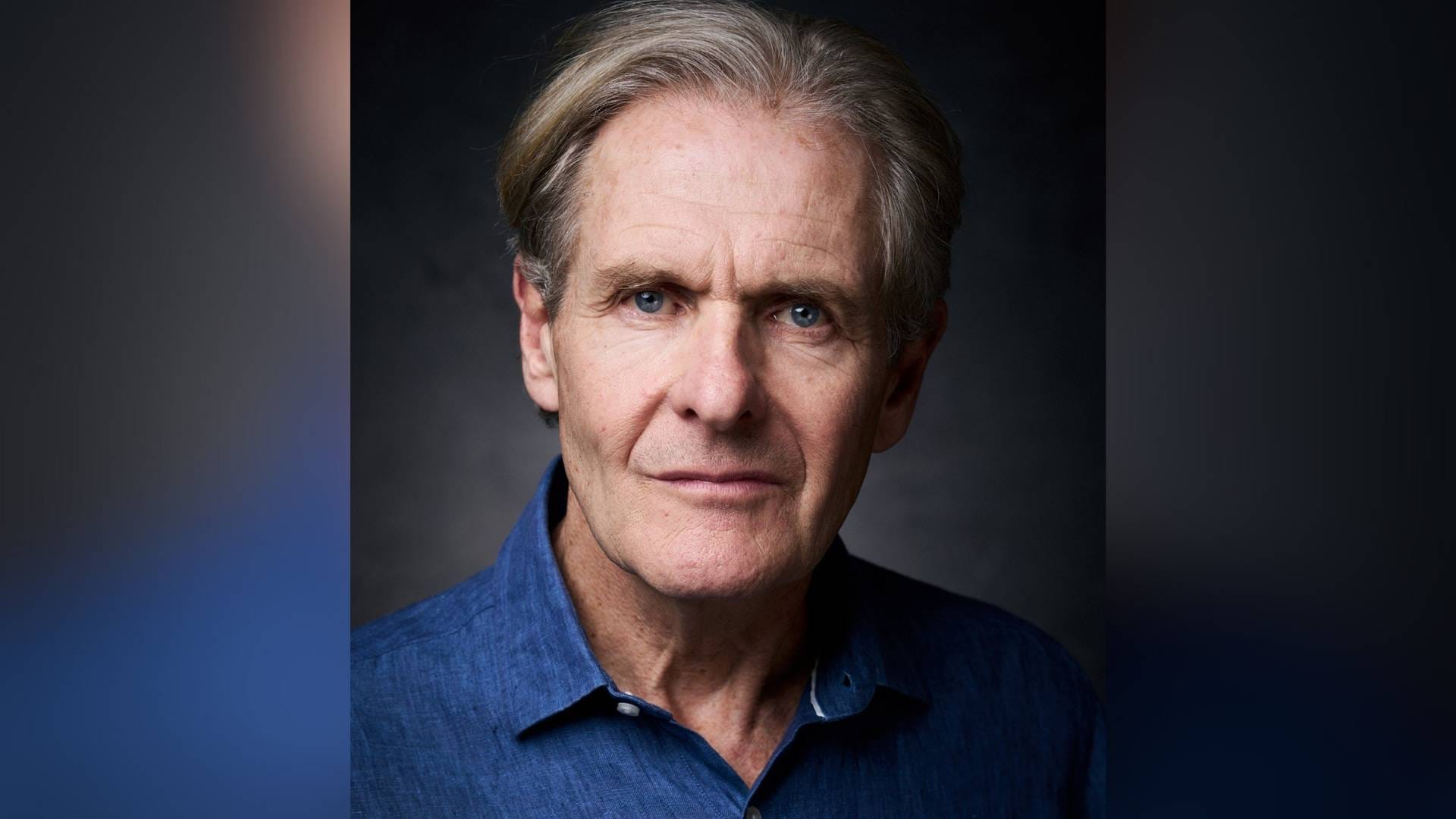Much-loved TV star Robert Bathurst (Cold Feet, ITV; Downton Abbey, ITV; Dad’s Army: The Lost Episodes, BBC; Toast of London, Channel 4) returns to the Edinburgh Fringe with Love, Loss & Chianti, an exciting double-bill intertwined with glorious animations from celebrated cartoonist Charles Peattie (Alex comic strip).
A staged adaptation of two parts by award-winning British poet Christopher Reid, Love, Loss & Chianti opened to critical acclaim at London’s Riverside Studios in 2020 and sees Bathurst star alongside Rebecca Johnson (The Trip, BBC; Paper, Scissors Stone, VAULT Festival). They reprise their roles in the hilarious verse comedy The Song of Lunch (seen in Edinburgh in 2018), as well as the Scottish premiere production of Reid’s Costa Book Award winning verse, A Scattering.
A Scattering, written during the three years surrounding the death of his wife, is Reid’s autobiographical and deeply affecting verse poem; an unmawkish depiction of loss, articulating emotions most of us find hard to express. Celebrating love and the inevitable loss that always follows, The Song of Lunch is a hilarious and poignant drama set in a Soho Italian restaurant, presenting a reckless attempt to rekindle lost love between two former lovers.
A Scattering and The Song of Lunch explore the extremes of the human condition – love and loss which will always remain at the heart of our lives. On the day Reid finished writing A Scattering, he began The Song of Lunch – a fictional, farcical diversion from the mood of his past three years.
Robert Bathurst comments, I stage these books in sequence because that is the order in which Christopher Reid wrote them: A Scattering instantly followed by The Song Of Lunch. The first is autobiographical, taking three years to write; the second is a comic fiction, an attempt by the author to lighten the mood by deflecting his grief. But can he? With Reid’s sublime language and Charles Peattie’s exquisite and startling animation we portray the turbulent mind of the poet, of relationships won and lost, in two of Reid’s most celebrated works to date.















